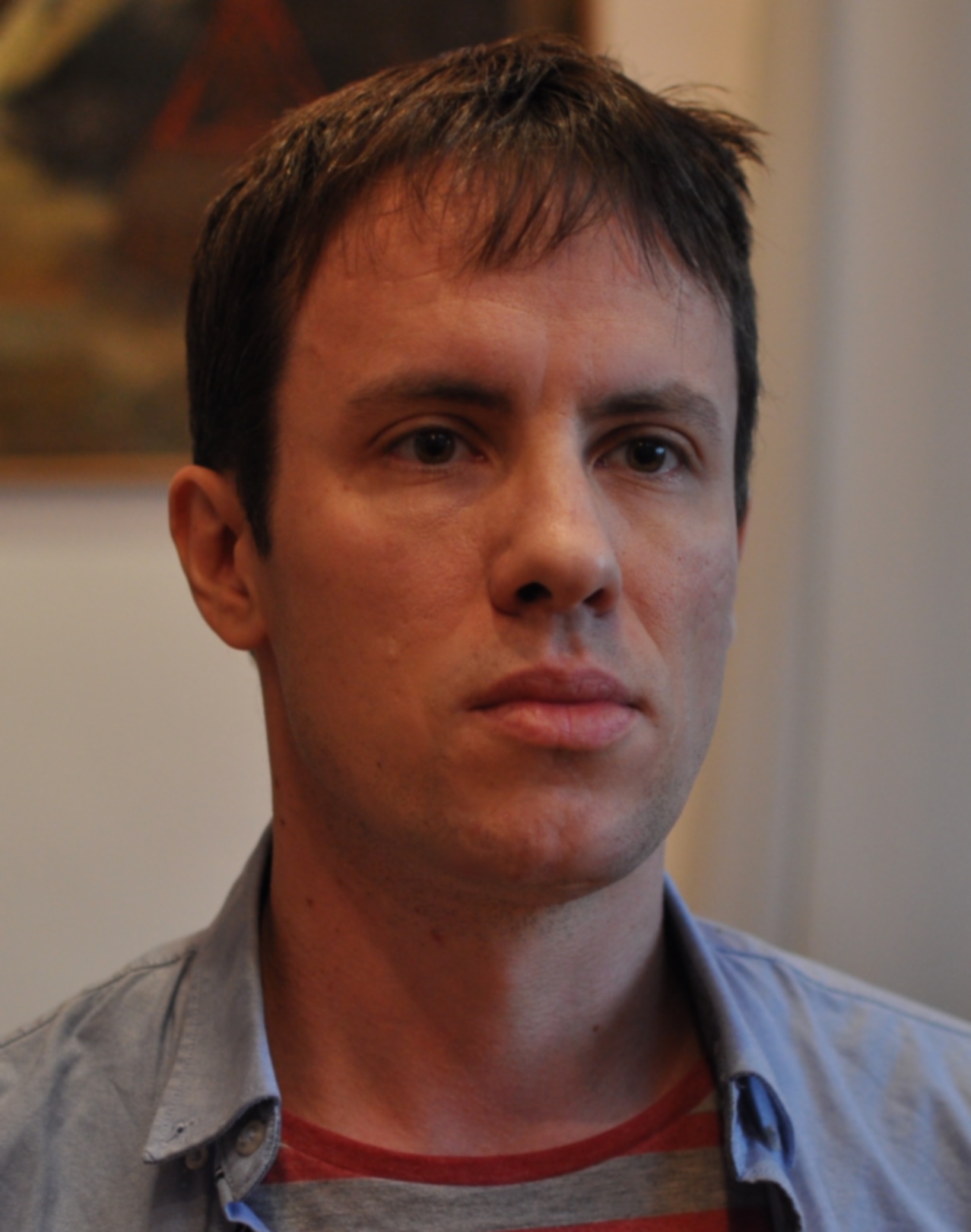Gabriel Peyre
CNRS Researcher, DMA/ENS, France
Conservation Laws for Gradient Flows

Speaker: Gabriel Peyre (CNRS Researcher, DMA/ENS, France) Date: 2pm, June 14th, 2024 Location: MB0.07, University of Warwick, Coventry, UK
Abstract
Understanding the geometric properties of gradient descent dynamics is a key ingredient in deciphering the recent success of very large machine learning models. A striking observation is that trained over-parameterized models retain some properties of the optimization initialization. This “implicit bias” is believed to be responsible for some favorable properties of the trained models and could explain their good generalization properties. In this talk I will first rigorously expose the definition and basic properties of “conservation laws”, which are maximal sets of independent quantities conserved during gradient flows of a given model (e.g. of a ReLU network with a given architecture) with any training data and any loss. Then I will explain how to find the exact number of these quantities by performing finite-dimensional algebraic manipulations on the Lie algebra generated by the Jacobian of the model. In the specific case of linear and ReLu networks, this procedure recovers the conservation laws known in the literature, and prove that there are no other laws. This is a joint work with Sibylle Marcotte and Rémi Gribonval. The associated paper can be found here: https://arxiv.org/pdf/2307.00144
About Gabriel Peyre
Gabriel Peyré is CNRS senior researcher and professor at the Ecole Normale Supérieure, Paris. He works at the interface between applied mathematics, imaging and machine learning. He obtained 2 ERC grants (starting in 2010 and consolidator in 2017), the Blaise Pascal prize from the French academy of sciences in 2017, the Magenes Prize from the Italian Mathematical Union in 2019 and the silver medal from CNRS in 2021. He is invited speaker at the European Congress for Mathematics in 2020. He is the deputy director of the Prairie Institute for artificial intelligence, the director of the ENS center for data science and the former director of the GdR CNRS MIA. He is the head of the ELLIS (European Lab for Learning & Intelligent Systems) Paris Unit. He is engaged in reproducible research and code education, in particular through the platform